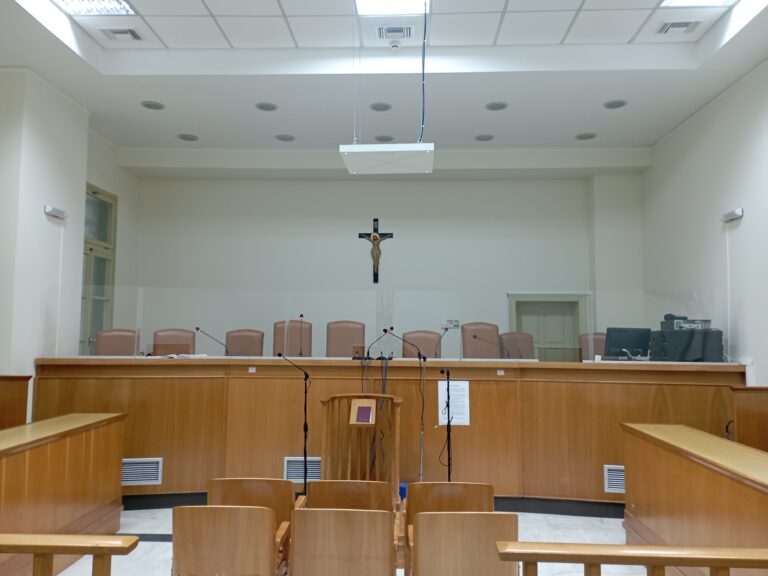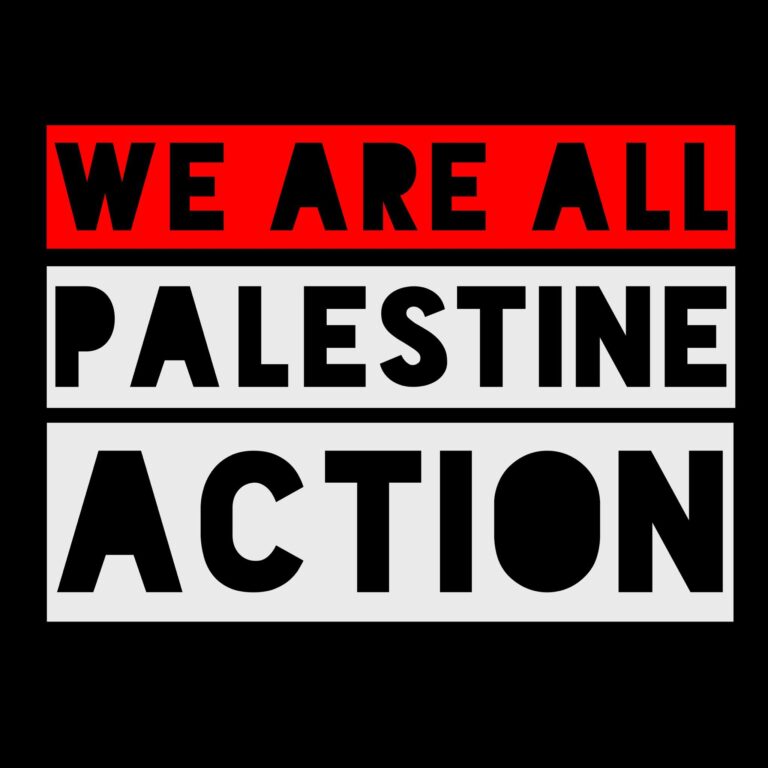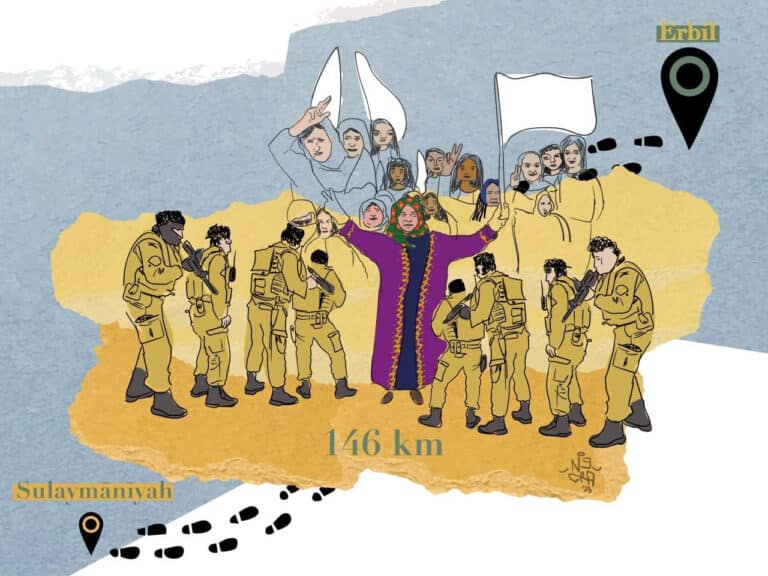by CPT Iraqi Kurdistan
 The population of displaced persons in Iraqi Kurdistan surged from 200,000 Syrian refugees in May 2014 to about one million people from a wide range of backgrounds by February 2015 – Syrians, Syrian Kurds, Assyrian and Chaldean Christians, Sunni and Shia Arabs, Yezidi and other minorities.
The population of displaced persons in Iraqi Kurdistan surged from 200,000 Syrian refugees in May 2014 to about one million people from a wide range of backgrounds by February 2015 – Syrians, Syrian Kurds, Assyrian and Chaldean Christians, Sunni and Shia Arabs, Yezidi and other minorities.
Iraqi Kurds have risen to the hosting challenge to the best of their ability, sharing basic necessities and caring for the most vulnerable; however, it appears that the visitors will not be leaving anytime soon, and tensions between the various groups have begun to rise.
In response, CPT joined its inviting partner, REACH, to offer training workshops that would equip people to face the tensions in a nonviolent, compassionate way, thus reducing the potential for further violence.
Using the Alternatives to Violence Project (AVP) model, the first training weekend in January brought together 16 individuals from diverse ethnic and religious backgrounds with the goal of creating opportunities for listening, under- standing and cooperation. The group worked on building trust and speaking in assertive ways about feelings. They learned about consensus and identifying potentially violent situations. They thought about ways to change their world nonviolently.
Two weeks later during the advanced workshop, group members heard each other’s painful stories. Iraqi Kurds from the “host community” listened to individuals who had fled the violence of the militant group ISIS. Christians from the Mosul area listened to Syrian Kurds who suffer discrimination because they don’t speak the “correct” dialect of Kurdish. Iraqi Kurds told of their oppression under Saddam Hussein’s regime and the resulting legacy of anger at those who appear to be Arab. Many spoke of finding themselves in a place they did not want to be.
By the third workshop, participants eagerly gathered to train as facilitators of AVP. Upon completing the 60-hour training, they will take their new-found knowledge and open hearts to spread the message of nonviolence to their communities. They are pioneers building a peaceful future for the wonderfully and painfully diverse community that shares this small piece of land called Iraqi Kurdistan.



